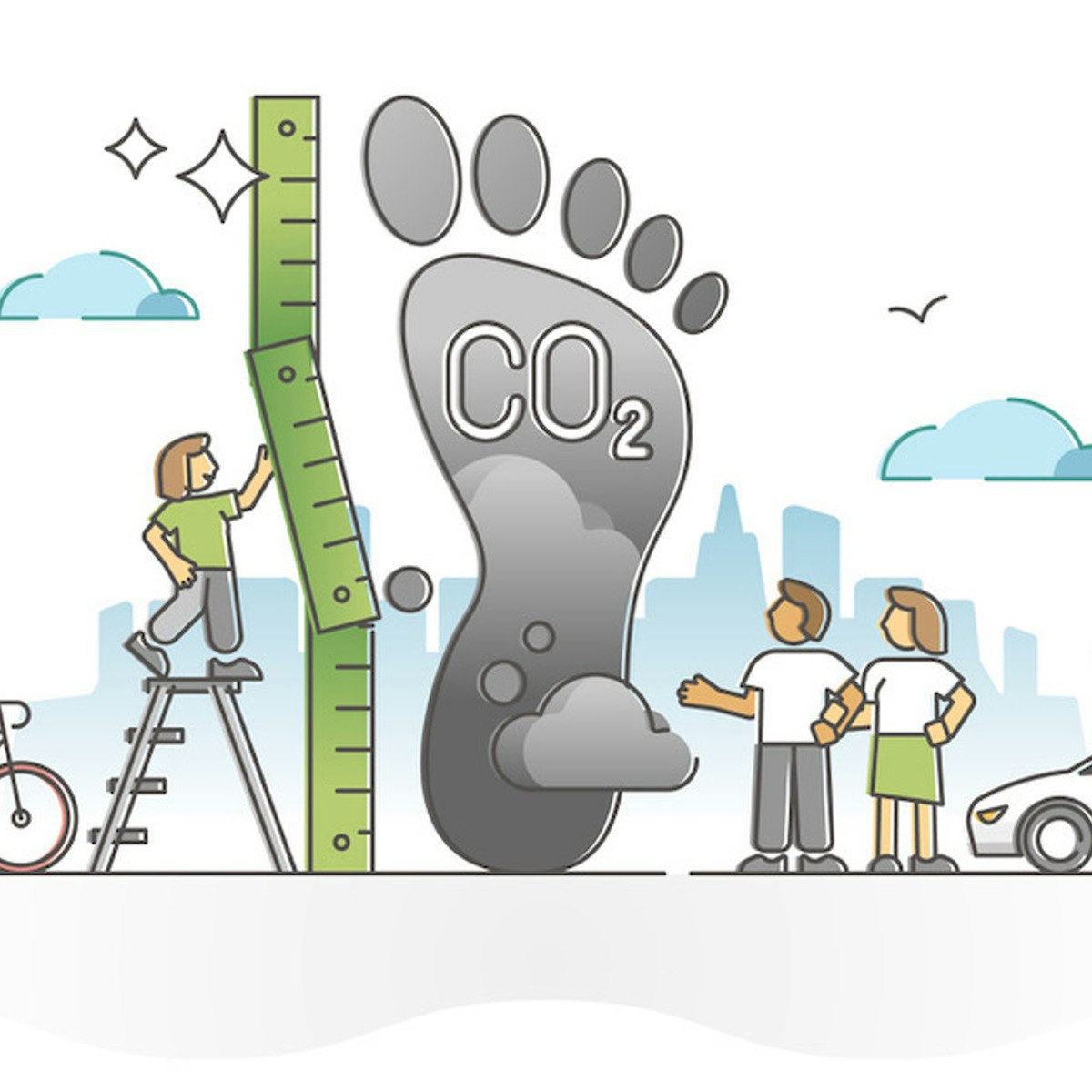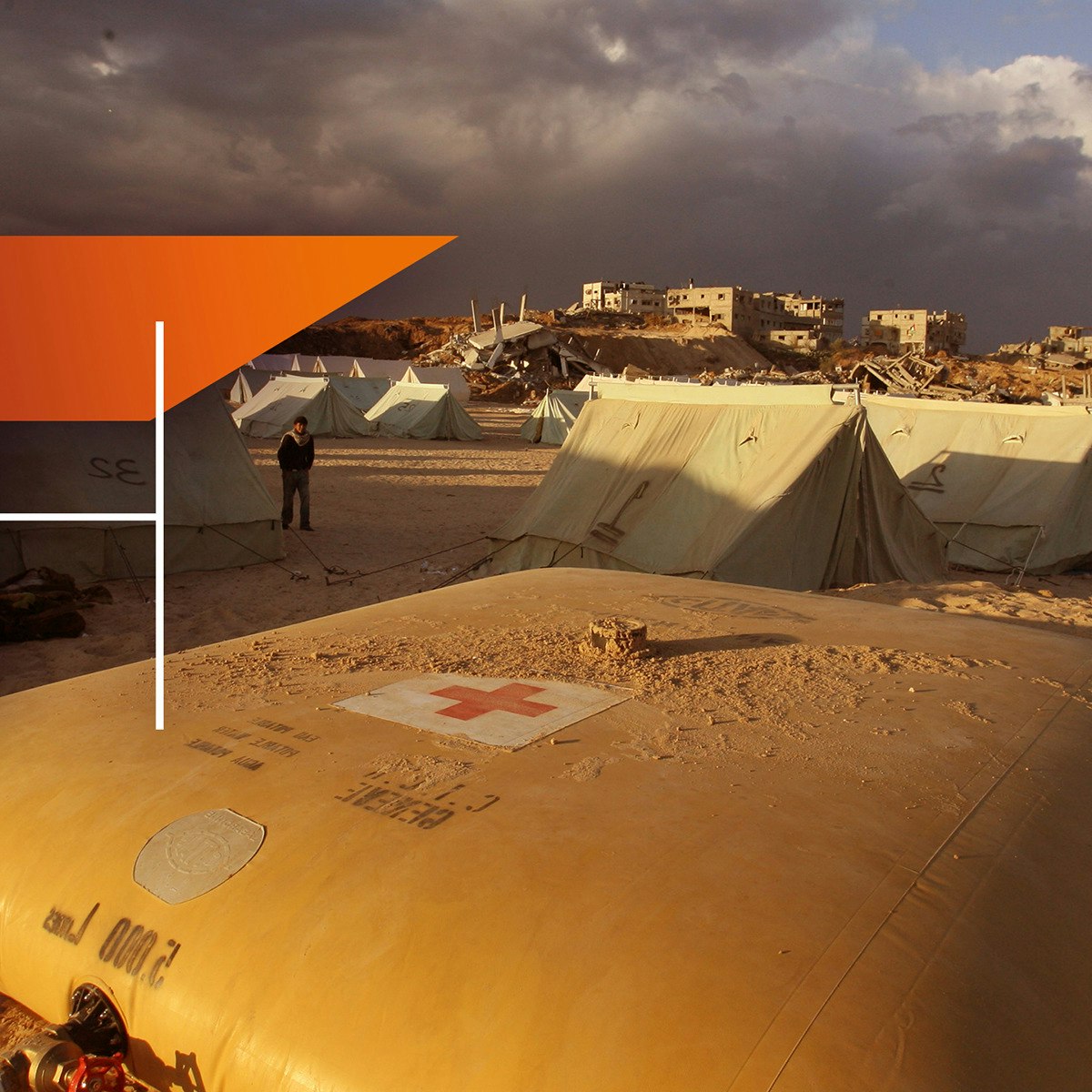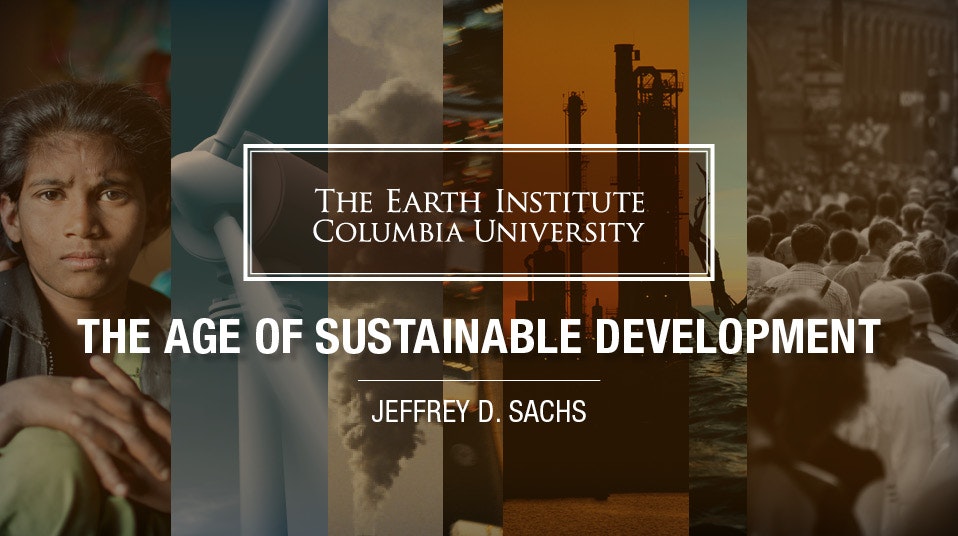Back to Courses









Environmental Science And Sustainability Courses - Page 3
Showing results 21-30 of 151

Environmental Management & Ethics
Decision-makers often turn to scientists and engineers to assist them to navigate through complex environmental, health and societal challenges pervaded by systemic uncertainty, ambiguity and ethical implications.
This course prepares you to meet the requests and demands of current and future decision-makers and in this course, you will analyze ethical challenges associated with environmental dilemmas and apply different decision making tools relevant to environmental management and regulation.

Solar Energy Codes, Permitting and Zoning
This course equips learners to identify national code and zoning rules specific to photovoltaic (PV) systems, as well as key design elements and points for inspection. Curriculum includes zoning variances, critical elements of the permitting process, planning documents necessary for PV system installation and recommendations for permitting offices to streamline the permit process. Learners gain a code inspector’s perspective in relation to building and electrical code requirements.
This course is for anyone interested in entering the solar power sector, and is especially appropriate for building and code inspectors, engineers, HVAC installers and architects. It assumes that the learner has a basic grasp of electrical engineering and mathematical concepts. Those who are unfamiliar with how PV works, the elements of a PV system, and/or solar power ROI should take the first course of the specialization, Solar Energy Systems Overview. Learners seeking a greater understanding of the anatomy and function of PV systems should take the second course, Solar Energy and Electrical System Design.
Material includes online lectures, videos, demos, hands-on exercises, project work, readings and discussions. This is the third course in the Solar PV for Engineers, Architects and Code Inspectors specialization. To learn more about the specialization, check out a video overview at https://youtu.be/XjkKzbXqA6s.

The Sustainability Imperative
In this course, learners begin with a macro-level view of the current state of the world and touch upon topics such as climate change, plastic pollution, social inequity, and the economic systems that got us to where we are today. Learners investigate how such an economy cannot sustain itself and the need for a rapid transition to something different. We define sustainability, the meaning of sustainable development, and the United Nations' Sustainability Goals.
Recognizing that change is imperative, we begin looking at energy, and more specifically, power generation as this is widely understood as the leading cause of climate change today. We show why this is the case and explore pathways to reduce carbon emissions, such as through the transition from coal and natural gas to renewables such as wind and solar. The concept of the carbon footprint and how it is determined is introduced. Learners have the opportunity to calculate their own personal carbon footprint under a variety of power source options (coal, natural gas, or renewable), and discover what would happen to their personal carbon footprint if they moved toward renewable energies.

Greening the Economy: Lessons from Scandinavia
How can we live a good life on one planet with over seven billion people?
This course will explore greening the economy on four levels – individual, business, city, and nation. We will look at the relationships between these levels and give many practical examples of the complexities and solutions across the levels. Scandinavia, a pioneering place advancing sustainability and combating climate change, is a unique starting point for learning about greening the economy. We will learn from many initiatives attempted in Scandinavia since the 1970s, which are all potentially helpful and useful for other countries and contexts.
The International Institute for Industrial Environmental Economics (IIIEE) at Lund University is an international centre of excellence on strategies for sustainable solutions. The IIIEE is ideally suited to understand and explain the interdisciplinary issues in green economies utilising the diverse disciplinary backgrounds of its international staff. The IIIEE has been researching and teaching on sustainability and greener economies since the 1990s and it has extensive international networks connecting with a variety of organizations.

Our Earth's Future
Our Earth’s Future is about the science of climate change and how to talk about it. You will learn from scientists in the fields of climatology, oceanography, Earth science, and anthropology who study how climate change is affecting people, populations, and ways of life. Explore the multiple lines of evidence for the human-induced climate change that is happening today, and consider what that means for the future of our planet. At the end of this course you will be able to understand key scientific principles, identify and address misconceptions, and contribute confidently to conversations about climate change.

Building an Ecosystem model with Insight Maker
In this 1-hour long project-based course, you will create a model that simulates the interrelated dynamics of three different species populations within an environment: plants, deer, and wolves
By doing so, you’ll be introduced to Insight Maker, a free web-based simulation environment that supports both System Dynamics modeling and Agent Based modeling. This will equip you with everything you need to know in order to build tailor-made models and simulations.
Note: This course works best for learners who are based in the North America region. We’re currently working on providing the same experience in other regions.

Introduction to Public Health Engineering in Humanitarian Contexts
The world is facing unprecedented humanitarian needs. Today’s humanitarian crisis tend to be greater in number, often in urban settings, longer in duration and broader in regional impact. They generate human sufferings on a greater scale, disrupt essential services, such as water supply or sanitation and put health of large population at risk. Engineers and technical specialists in water, sanitation, energy, environment, and in other related fields play a vital role to respond to these challenges and growing needs. In the humanitarian sector, they are called the public health engineers and today they are increasingly needed! Why public health engineering matters so much in humanitarian crises? And how its related activities are carrying out in such complex environment? This is what this MOOC is all about!
The EPFL, EAWAG-SANDEC and ICRC have decided to partner to guide you through this introduction to the fascinating field of public health engineering in humanitarian contexts.

Sustainability of Social-Ecological Systems: the Nexus between Water, Energy and Food
In this course you will become familiar with the ideas of the water-energy-food nexus and transdisciplinary thinking.
You will learn to see your community or country as a complex social-ecological system and to describe its water, energy and food metabolism in the form of a pattern, as well as to map the categories of social actors.
We will provide you with the tools to measure the nexus elements and to analyze them in a coherent way across scales and dimensions of analysis. In this way, your quantitative analysis will become useful for informed decision-making. You will be able to detect and quantify dependence on non-renewable resources and externalization of environmental problems to other societies and ecosystems (a popular ‘solution’ in the western world). Practical case studies, from both developed and developing countries, will help you evaluate the state-of-play of a given community or country and to evaluate possible solutions. Last but not least, you will learn to see pressing social-ecological issues, such as energy poverty, water scarcity and inequity, from a radically different perspective, and to question everything you’ve been told so far.
ACKNOWLEDGEMENT
Part of the results and case studies presented have been developed within two projects: MAGIC and PARTICIPIA. However, the course does not reflect the views of the funding institutions or of the project partners as a whole, and the case studies were presented purely with an educational and illustrative purpose.

Solar Energy Basics
This course gives you an introduction to the fundamentals of solar power as it applies to solar panel system installations. You will learn to compare solar energy to other energy resources and explain how solar panels, or photovoltaics (PV for short), convert sunlight to electricity. You will be able to identify the key components needed in a basic photovoltaic (solar panel) system, such as is found on a house or building, and explain the function of each component in the system. You will also learn how to calculate the electrical demand of a building, how to reduce the overall demand, and then how to design a solar panel system that can meet that annual demand at a given location. You will also compare the different types of pricing models that are being used and key regulatory considerations for grid tied systems (where a house or building is connected to the electrical grid and also generates electricity from solar panels). A capstone design project that entails both the simple audit of a building to determine demand, and a selection of components to design a solar panel system to meet that demand.

The Age of Sustainable Development
The Age of Sustainable Development" gives students an understanding of the key challenges and pathways to sustainable development - that is, economic development that is also socially inclusive and environmentally sustainable.
Popular Internships and Jobs by Categories
Find Jobs & Internships
Browse
© 2024 BoostGrad | All rights reserved